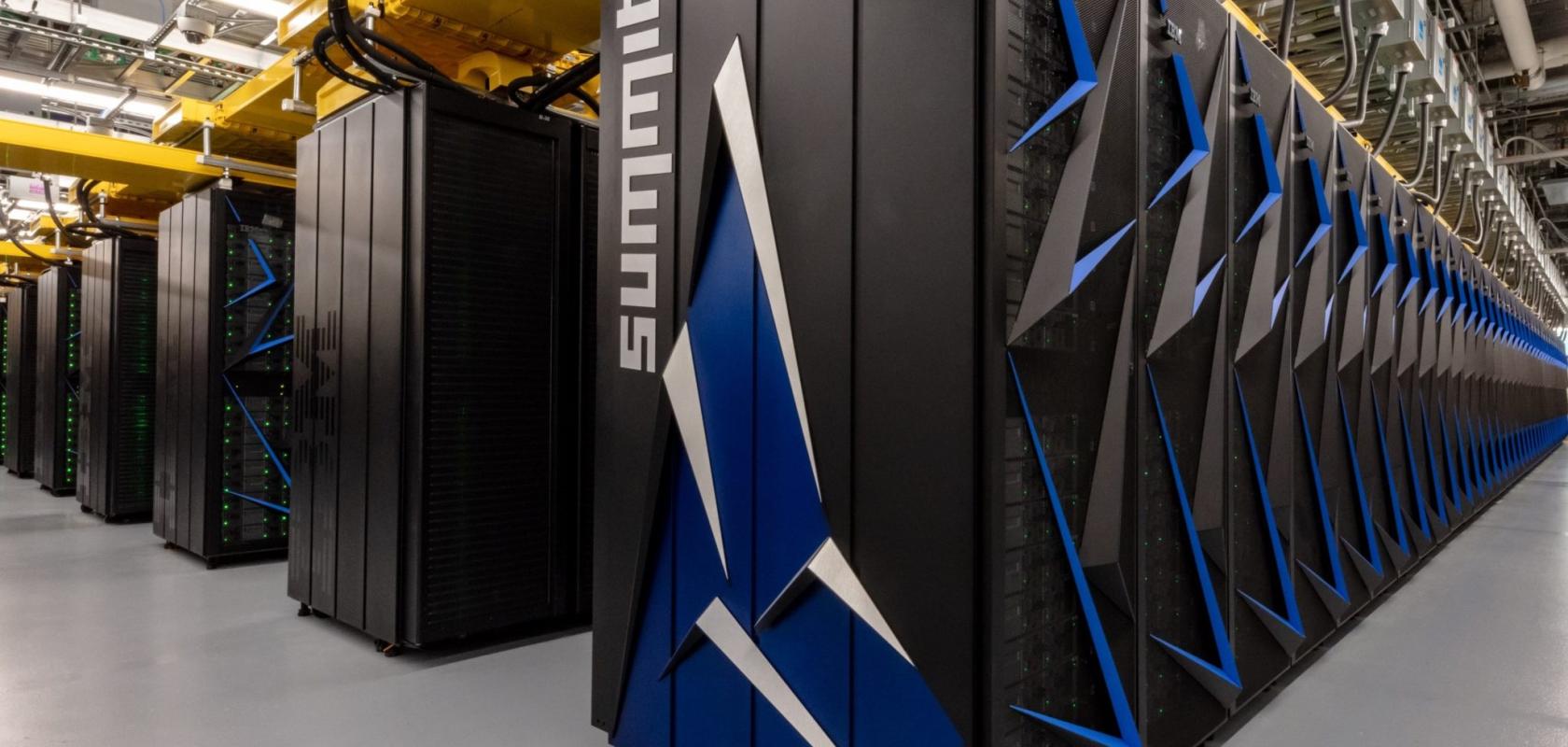The US Department of Commerce has added seven Chinese supercomputing centres to a trade blacklist for conducting activities that are contrary to the national security or foreign policy interests of the United States.
The Department of Commerce’s Bureau of Industry and Security (BIS) ruling means that these organisations will be added to the Entity List. Entities including research institutions or other organisations are subject to specific license requirements for the export of specified items. This would effectively stop these research institutions from being able to export computing components, such as processors directly from US companies.
The announcement adds the following organisations to the Entity List: Tianjin Phytium Information Technology, Shanghai High-Performance Integrated Circuit Design Center, Sunway Microelectronics, the National Supercomputing Center Jinan, the National Supercomputing Center Shenzhen, the National Supercomputing Center Wuxi, and the National Supercomputing Center Zhengzhou.
The BIS reports that these entities are involved with building supercomputers used by China’s military actors, its destabilizing military modernization efforts, and/or weapons of mass destruction (WMD) programs.
US Secretary of Commerce Gina M Raimondo released the following statement: ‘Supercomputing capabilities are vital for the development of many – perhaps almost all – modern weapons and national security systems, such as nuclear weapons and hypersonic weapons. The Department of Commerce will use the full extent of its authorities to prevent China from leveraging US technologies to support these destabilising military modernisation efforts.’
These entities meet the criteria for inclusion on the Entity List listed under Section 744.11 of the Export Administration Regulations (EAR).
The full list of entities impacted by this change is included in the rule on public display in the Federal Register.
The Entity List is a tool utilised by BIS to restrict the export, re-export, and in-country transfer of items subject to the EAR to persons (individuals, organizations, companies) reasonably believed to be involved, have been involved, or pose a significant risk of being or becoming involved, in activities contrary to the national security or foreign policy interests of the United States. Additional license requirements apply to exports, re-exports, and in-country transfers of items subject to the EAR to listed entities, and the availability of most license exceptions is limited.


